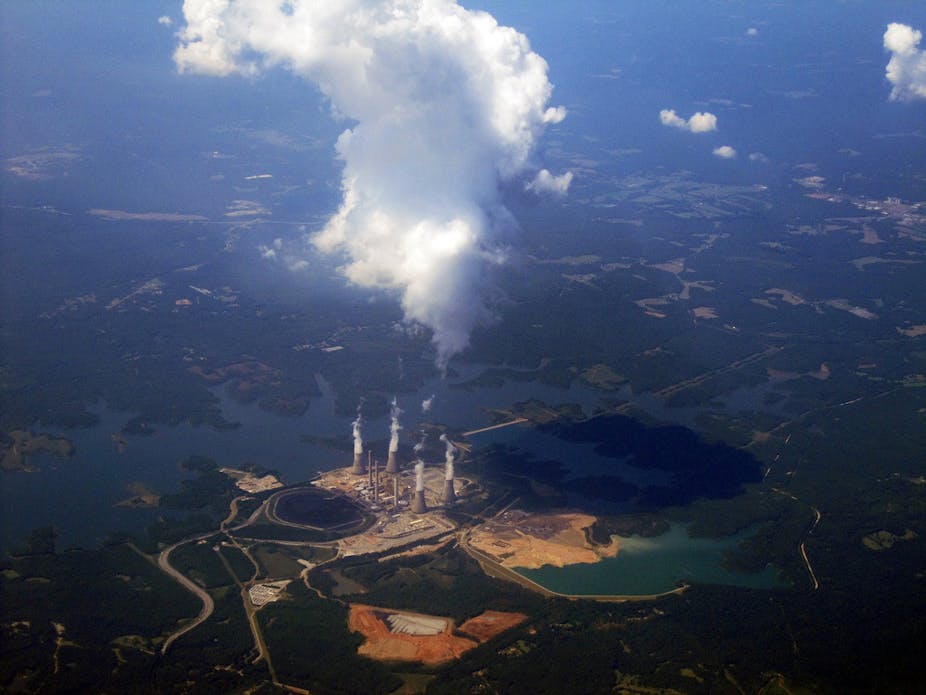In a paper recently published in Energy Policy, we (along with another colleague from Cardiff University in Wales) reported our survey of Australians’ opinions about nuclear energy and global climate change.
We did the first nationwide survey in 2010, and repeated it in 2012 following the March 2011 Tohoku earthquake and tsunami and the damage to the Fukushima Daiichi Nuclear Power Complex in Japan. The surveys were balanced geographically and demographically to reflect the profile of the Australian population.
We wanted to do the study because of the lack of debate in Australia about the possible role of nuclear energy as one means of mitigating greenhouse gas emissions. The muted discussion about nuclear power is especially curious given that Australia is a major exporter of uranium.
The results (see Table 1) show surprising unanimity. A clear majority of respondents believe the climate is changing (74% and 73% in 2010 and 2012 respectively), are concerned about these changes (69% and 63%) and are convinced people are at least in part responsible (74% and 73%).

But of course the real question is not whether the earth has warmed since mid-last century - it demonstrably has - but what can or should be done about it? And how quickly?
One of our colleagues, Roger Pielke Jr, posits what he refers to as an immutable law of economics: people will not voluntarily accept a reduction in today’s living standards to reduce future warming. In other words, given a conflict between policies promoting economic growth and those restricting carbon dioxide, economic growth will win every time.
He says, and we agree, that new technological solutions will be needed to resolve this dilemma.
This also seems to be broadly the view of the Australian public. Expanding the use of renewable energy sources (71%) is the most popular option, followed by energy-efficient technologies (58%) and behavioural change (54%).
In both years more than 90% of respondents were against taxes and levies designed to encourage behavioural change and investment and development in clean energy technologies.
Our surveys cannot explain what influences public perception. We cannot rule out the possibility that in opposition, Tony Abbott and his colleagues were successful in leading public opinion on these issues. But the new government seems to have read the mood of the nation correctly by promising to abolish the carbon tax and the Clean Energy Finance Corporation.
More than 50% of survey respondents either had no opinion or disagreed (tend to/strongly) with the statement “climate change is likely to have a big impact on people like me”. A further 46% had no opinion or they disagreed (tend to/strongly) with the statement “my local area is likely to be affected by climate change”.
It may be that the leap from warming at a global level to impacts at a local level makes it difficult to personalise the possible risks.
Returning to the question of nuclear power, our post-Fukushima survey showed that more Australians oppose it than support it (53% versus 30%). We found 40% of respondents are not willing to accept nuclear power as an option to help tackle climate change, despite the fact that most believed it to offer a cleaner, more efficient option than coal.
Given the low level of public discussion on nuclear issues in Australia, it is possible that many of the responses are conditioned by instinctive rather than informed reactions to the technology. And certainly a large proportion of respondents in both surveys (59% and 49%) felt the need to more information before feeling confident about forming a clear opinion.
But regardless of whether more information will help them decide their position on nuclear power, the negative perception will continue to be a major obstacle against future development of a nuclear power industry in Australia even when it is advanced as a partial solution to global climate change.

